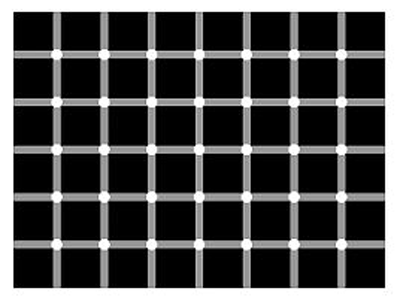Habitualmente vêm-se os poetas, ocupados, nas suas fraquezas, em pintar o amor. Fértil ideia que povoa as obras dramáticas. E porque cada um tem a sua paixão, raro é o encontro dos génios. Todos amam quem lhes falta.. mas quando o amor se dedica a um único ser, é grande a sua intensidade. A nostalgia do amor, a nostalgia dos poetas, a ilusão que se derrete. O sentir, o olhar, o nada. O amor, a doença. Os enamorados que se traem. Vazio.
segunda-feira, setembro 25
'Spectrum of empathy' found in the brain
Ever wondered how some people can “put themselves into another person's shoes” and some people cannot? Our ability to empathise with others seems to depend on the action of "mirror neurons" in the brain. Mirror neurons, known to exist in humans and in macaque monkeys, activate when an action is observed, and also when it is performed. “Each time you crunch a potato chip you hear yourself crunching the chip, and now when you hear someone else crunching it activates your own action neurons.” The phenomenon has been exploited by advertisers for years – think of the Coca-cola commercials comprising of just the noise of a bottle of Coke being opened, the fizz of the drink and the sound of the drinking.
“How empathetic we are seems to be related to how strongly our mirror neuron system is activated”, “It’s exciting because we can start to look at the diversity of experiences of other people. Some people see others through themselves, and some are more objective about it.”
“How empathetic we are seems to be related to how strongly our mirror neuron system is activated”, “It’s exciting because we can start to look at the diversity of experiences of other people. Some people see others through themselves, and some are more objective about it.”
The best and most beautiful things in the world cannot be seen, nor touched ... but are felt in the heart.
Current Biology Journal (vol 16, p 1824)
Snooze your way to high test scores
If you are trying to commit something to memory, take a nap. Even a short daytime snooze could help you learn. A good night's sleep is known to improve people's ability to learn actions such as mirror writing. REM sleep, when most dreaming occurs, is thought to be particularly important. It now seems sleep is "an important mechanism for memory formation".
From issue 2570 of New Scientist magazine, 23 September 2006.
quinta-feira, setembro 14
Teenager and addicted to the net?
Youngsters getting afflicted by a whole new gamut of psychological diseases, thanks to the advancement of technology. Various studies have shown that those who indulge in excessive Internet use lack self discipline, have problems in getting along with their family and friends, or are trying to avoid facing frustrations in life. "This addiction, known as Internet Syndrome, can be defined as impulse control disorder".
Subscrever:
Comentários (Atom)
